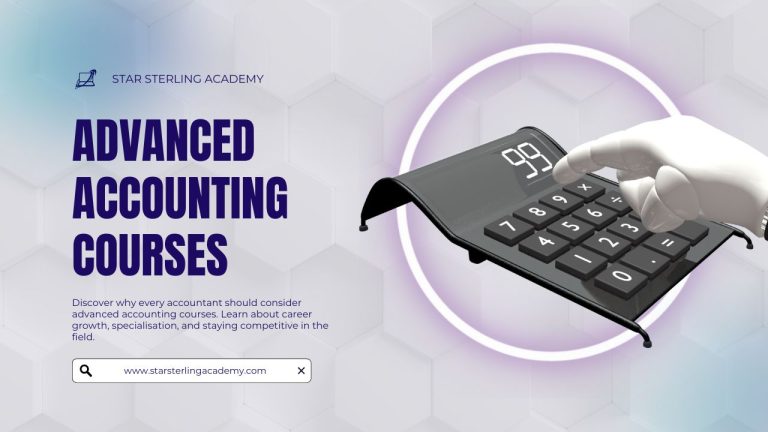Challenges Faced by Accounting Students in Applying Theoretical Knowledge
Before diving into the benefits of practical accounting training, it’s essential to understand the challenges accounting students encounter when applying theoretical knowledge in real-world scenarios. Many students find themselves struggling with the following:
-
Lack of Real-World Context
Classroom learning often needs more real-world context, making it easier for students to understand how theoretical concepts translate into practical applications.
-
Complexity of Accounting Software
Accounting software plays a crucial role in modern accounting practices, but many students find these tools complex and overwhelming without hands-on experience.
-
Communication Skills
Effective communication is vital in accounting roles, yet students may need help developing these skills through theory, particularly when explaining complex financial concepts to clients or colleagues.
-
Time Management
Balancing academic studies with practical training can be challenging, leading to time management issues for many accounting students.
Benefits of Practical Accounting Training
Practical accounting training offers many benefits that complement and enhance theoretical learning. Some key advantages include:
-
Hands-On Experience
Practical training provides hands-on experience with real-world accounting tasks, allowing students to apply theoretical knowledge in a tangible context.
-
Skill Development
From using accounting software to honing communication and problem-solving skills, practical training equips students with the tools they need to succeed in their future careers.
-
Industry Insights
Practical training often involves working alongside experienced professionals, providing valuable insights into industry practices and norms.
-
Increased Employability
Employers value candidates with practical experience, making practical training an essential component of a competitive resume.
Types of Practical Training Available for Aspiring Accountants
Several types of practical training cater to the diverse needs and preferences of aspiring accountants:
-
Internships
Internships allow students to gain hands-on experience in a real-world accounting environment, typically lasting for a fixed duration.
-
Work Placements
Similar to internships, work placements involve students working within accounting firms or departments to gain practical experience.
-
Apprenticeships
Apprenticeships combine practical training with academic study, offering a structured pathway to becoming a qualified accountant.
-
Online Courses
Online courses allow students to learn practical accounting skills at their own pace, often with interactive modules and virtual simulations.
How to Choose the Right Practical Training Programme:
The right practical training programme maximises the benefits and ensures a positive learning experience. Consider the following factors when making your decision:
- Reputation and Accreditation:
Choose a training programme with a strong reputation and accreditation from recognised accounting bodies such as ACCA or CPA. - Industry Connections:
Look for programmes that offer opportunities to connect with industry professionals and potential employers through networking events or mentorship programmes. - Hands-On Experience:
Prioritise programmes that provide ample hands-on experience and practical skills development, such as internships or work placements. - Flexibility and Convenience:
Consider the programme’s flexibility in scheduling, location, and delivery format to ensure it aligns with your needs and preferences.
Overcoming the Gap Between Theory and Practice: Tips and Strategies:
Closing the gap between theory and practice requires proactive effort and strategic approaches. Here are some tips and strategies to help you make the most of your practical accounting training:
-
Set clear goals
Define your objectives and what you hope to achieve from your practical training experience to stay focused and motivated.
-
Seek Feedback
Actively seek feedback from supervisors, mentors, and peers to identify improvement areas and continuously refine your skills.
-
Embrace Challenges
Don't shy away from challenges or mistakes; instead, view them as opportunities for growth and learning.
-
Stay Curious
Maintain a curious and open-minded attitude towards learning, continuously seeking opportunities to expand your knowledge and skills.
-
Reflect and Adapt
Regularly reflect on your experiences and adapt your approach to overcome obstacles and achieve your goals.
Conclusion
Practical accounting training serves as a vital bridge between theory and practice, allowing aspiring accountants to develop essential skills, gain real-world experience, and enhance their employability. By understanding the challenges accounting students face, recognising the benefits of practical training, exploring available programmes, and implementing tips for success, individuals can navigate this transition confidently and pave the way for a successful career in accounting.
Enrol in Star Sterling Academy courses and upskill your accounting career.





One comment on “Practical Accounting Training: Bridging the Gap between Theory & Practice”
Thank you for sharing such well-written content on your website with us, kudos.